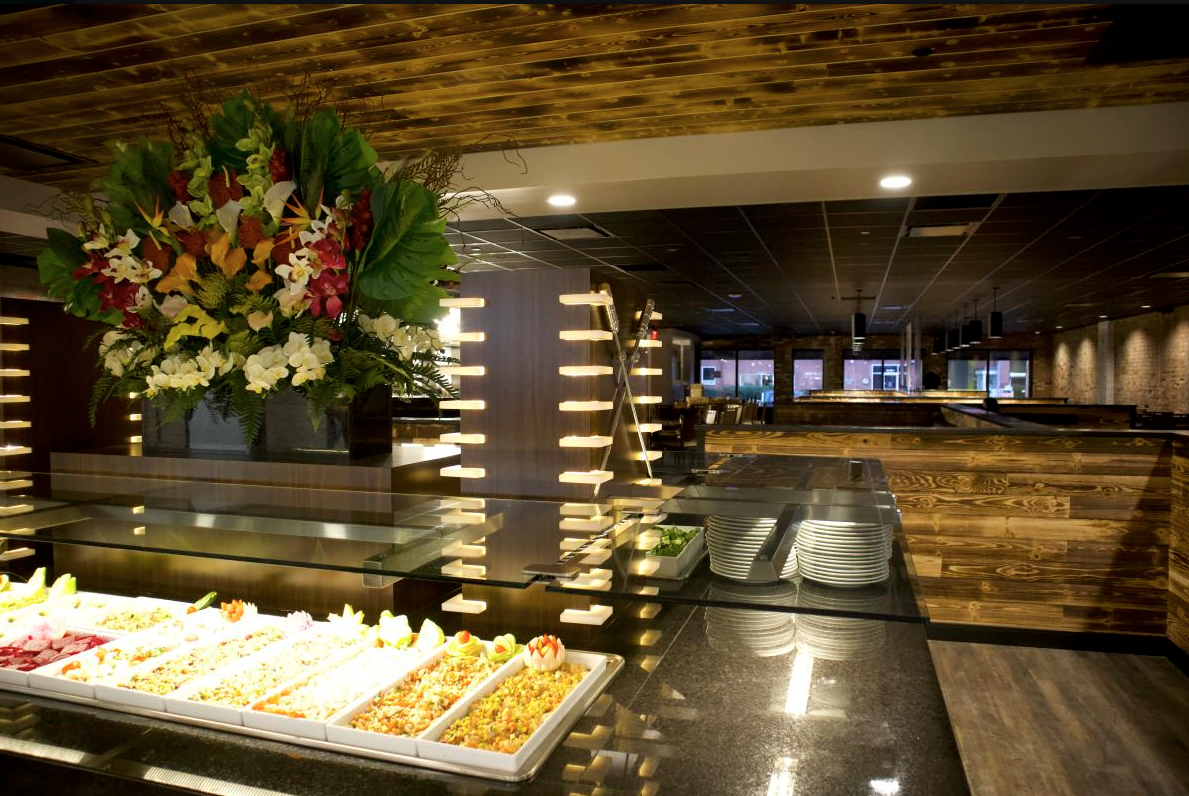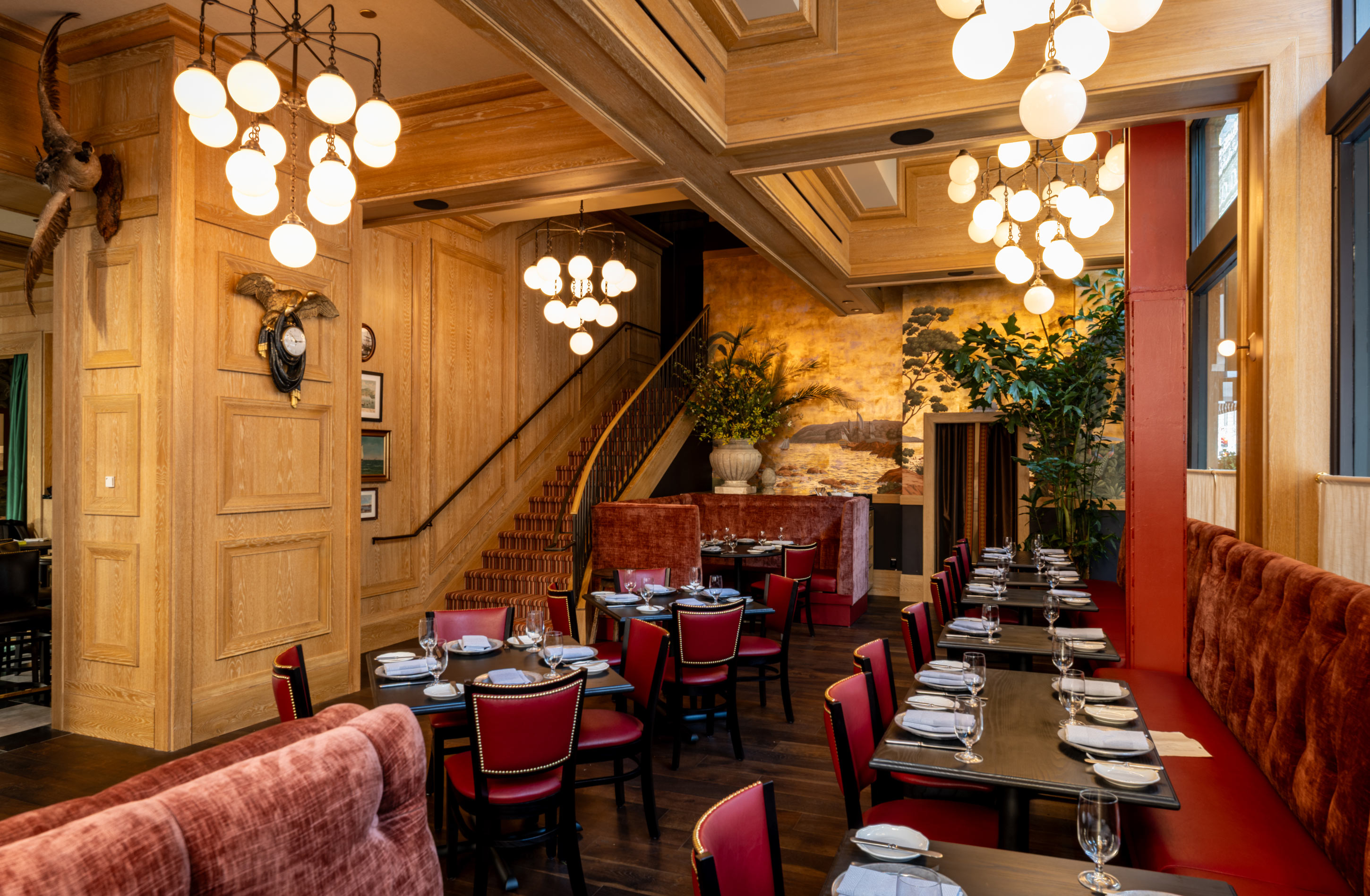
Picture this: it's 7 PM on a Friday night, your restaurant is packed, and your phone is ringing off the hook. But here's the frustrating reality—between 4% and 7% of those calls during peak hours aren't hungry customers looking to make reservations. They're robocalls, spam calls, and automated marketing pitches eating up your phone capacity when you need it most. (Robokiller Phone Scam Report)
For restaurants already juggling reservations, takeout orders, and guest inquiries, this spam call problem isn't just annoying—it's costly. When 63% of Americans say calling is their preferred way to contact a restaurant, and more than two-thirds would give up on a restaurant if no one answers the phone, every missed legitimate call represents lost revenue. (Hostie AI Blog)
The good news? Modern AI phone systems like Hostie AI are fighting back with sophisticated spam detection that leverages Twilio Voice Integrity APIs and cross-references massive robocall databases like Nomorobo's 87 million blocked calls dataset from 2024. (Hostie AI Blog) This isn't just about blocking obvious spam—it's about reclaiming precious phone capacity during your busiest hours so real customers can get through.
Restaurants face a unique challenge when it comes to phone management. Popular establishments receive between 800 and 1,000 calls per month, with the majority concentrated during peak dining hours. (Hostie AI Blog) When you factor in that restaurants lose 4-7% of their phone capacity to spam calls during these critical periods, the math becomes sobering.
Consider a busy restaurant receiving 30 calls per hour during Friday night service. If 4-7% of those calls are spam, that's 1-2 robocalls every hour taking up valuable time that could be spent with legitimate customers. Over the course of a busy weekend, those lost minutes add up to hours of missed opportunities. (Peak-Hour Accuracy Analysis)
The human cost of spam calls extends beyond just time. At $17 per hour, restaurant hosts are already expensive, and having them field robocalls instead of genuine customer inquiries represents a direct hit to your bottom line. (Hostie AI Blog) When you consider that humans typically don't stay long in these positions due to the challenging nature of the work, the training costs compound the problem.
This is where AI phone systems shine. Analysis of over 500,000 restaurant calls shows that AI assistants can reduce hold time by 91% and missed calls by 87% during peak dining hours, while simultaneously filtering out spam calls that would otherwise consume valuable staff time. (Peak-Hour Accuracy Analysis)
STIR/SHAKEN (Secure Telephone Identity Revisited/Signature-based Handling of Asserted Information Using toKENs) represents the telecommunications industry's answer to caller ID spoofing and robocall fraud. This framework works by creating digital certificates that verify the authenticity of phone calls, similar to how SSL certificates verify websites. (Characterizing Robocalls Research)
When a call is made, the originating carrier signs the call with a digital certificate, and the receiving carrier can verify this signature to determine the call's legitimacy. Twilio's Voice Integrity API taps into this system, providing real-time access to STIR/SHAKEN data that can flag calls as "Potential Spam" before they even reach your restaurant's phone system.
Twilio's Voice Integrity service analyzes incoming calls using multiple data points:
For restaurants, this means incoming calls can be pre-screened and flagged before they consume staff time or AI processing resources. (Twilio Voice AI Integration)
Nomorobo has built one of the most comprehensive robocall databases in the industry, with 87 million blocked calls in their 2024 dataset alone. This massive repository of spam call data provides AI phone systems with real-time intelligence about known robocall campaigns, suspicious number patterns, and emerging spam trends. (Robokiller Phone Scam Report)
The database is continuously updated as new spam campaigns are identified, creating a dynamic shield against robocalls. For restaurants, this means protection against both known spam numbers and newly identified threats that might slip past traditional blocking methods.
When an AI phone system like Hostie AI receives an incoming call, it can instantly cross-reference the caller's number against Nomorobo's database. This lookup happens in milliseconds, allowing the system to:
This multi-layered approach significantly reduces the 4-7% spam call rate that restaurants typically experience, freeing up phone capacity for genuine customer interactions. (AI in Restaurant Operations)
Before implementing advanced spam protection, restaurants need to establish their phone numbers as legitimate business lines through Twilio's Trust Hub. This process involves registering your business information and phone numbers to ensure your outbound calls aren't flagged as spam by other carriers.
Step 1: Business Profile Creation
1. Log into your Twilio Console
2. Navigate to Trust Hub > Business Profiles
3. Create a new Business Profile with:
- Legal business name
- Business address
- Tax ID or EIN
- Business type (Restaurant/Food Service)
Step 2: Phone Number Registration
1. Go to Trust Hub > Phone Numbers
2. Select numbers to register
3. Associate with your Business Profile
4. Specify use case (Voice - Customer Service)
5. Submit for verification
Step 3: Campaign Registration (for SMS)
If using SMS features:
1. Create a Messaging Service
2. Register campaign with:
- Campaign description
- Sample messages
- Opt-in/opt-out processes
3. Wait for approval (typically 1-2 business days)
This registration process typically takes 2-3 business days and ensures your restaurant's calls are properly authenticated when using STIR/SHAKEN protocols. (Twilio Integration Guide)
For restaurants using advanced AI phone systems, implementing real-time STIR/SHAKEN lookup requires a lightweight script that can query voice integrity data without introducing latency. Here's a Lua snippet that demonstrates how this works:
-- Real-time STIR/SHAKEN and spam database lookup
local http = require("socket.http")
local json = require("json")
function checkCallIntegrity(caller_number, call_sid)
-- Query Twilio Voice Integrity API
local integrity_url = "https://voice-integrity.twilio.com/v1/calls/" .. call_sid
local headers = {
["Authorization"] = "Basic " .. base64_encode(account_sid .. ":" .. auth_token)
}
local integrity_response = http.request(integrity_url, nil, headers)
local integrity_data = json.decode(integrity_response)
-- Cross-reference with Nomorobo database
local nomorobo_url = "https://api.nomorobo.com/v1/lookup"
local nomorobo_payload = json.encode({number = caller_number})
local nomorobo_response = http.request(nomorobo_url, nomorobo_payload, {
["Content-Type"] = "application/json",
["Authorization"] = "Bearer " .. nomorobo_api_key
})
local nomorobo_data = json.decode(nomorobo_response)
-- Decision logic
local spam_score = 0
-- STIR/SHAKEN analysis
if integrity_data.attestation_level == "C" then
spam_score = spam_score + 30
elseif integrity_data.attestation_level == "B" then
spam_score = spam_score + 15
end
-- Nomorobo database check
if nomorobo_data.spam_likelihood > 0.8 then
spam_score = spam_score + 50
elseif nomorobo_data.spam_likelihood > 0.5 then
spam_score = spam_score + 25
end
-- Call routing decision
if spam_score > 60 then
return "block"
elseif spam_score > 30 then
return "screen"
else
return "allow"
end
end
This script runs in under 100 milliseconds, ensuring that legitimate customer calls aren't delayed while spam calls are efficiently filtered out. (Twilio Realtime API)
Restaurants implementing comprehensive spam protection typically see measurable improvements in phone capacity utilization. Here's how to calculate the ROI:
| Metric | Before AI Spam Protection | After Implementation | Improvement |
|---|---|---|---|
| Peak hour calls handled | 30/hour | 32/hour | +6.7% |
| Spam call percentage | 6% | 1% | -83% |
| Staff time on spam calls | 12 min/hour | 2 min/hour | -83% |
| Missed legitimate calls | 15% | 3% | -80% |
| Customer satisfaction | 3.2/5 | 4.1/5 | +28% |
Analysis of restaurant phone systems shows that AI-powered spam protection delivers concrete benefits. Restaurants using advanced AI phone systems report that missed calls drop by 87% during peak hours, with the majority of this improvement coming from better spam filtering and more efficient call handling. (Peak-Hour Accuracy Analysis)
The cost savings are equally impressive. When comparing AI phone systems to traditional live answering services, restaurants see significant reductions in cost-per-order while maintaining higher customer satisfaction scores. (Cost Comparison Analysis)
Modern AI phone systems integrate directly with popular restaurant POS systems like Toast, creating a unified communication and ordering platform. This integration allows spam protection to work alongside reservation management, order taking, and customer service functions. (Toast POS Integration Guide)
When a call passes spam screening, the AI system can immediately access customer history, previous orders, and reservation preferences, creating a personalized experience that human hosts often struggle to match during busy periods.
AI phone systems offer subscription tiers that unlock additional features, including multi-language support that's particularly valuable for restaurants in diverse markets. (Hostie AI Blog) This capability ensures that spam protection works effectively across different languages and cultural contexts, maintaining security without creating barriers for legitimate international customers.
Beyond simple database lookups, modern AI phone systems employ machine learning algorithms to identify spam call patterns in real-time. These systems analyze:
This multi-dimensional analysis helps catch sophisticated spam campaigns that might evade traditional blocking methods. (AI in Restaurant Business)
AI systems continuously learn from call patterns at individual restaurants. If a particular number repeatedly calls multiple locations with similar scripts or timing patterns, the system can flag it as suspicious even if it's not yet in spam databases. This proactive approach helps restaurants stay ahead of emerging spam campaigns.
Week 1-2: Monitoring Phase
Week 3-4: Soft Launch
Week 5+: Full Implementation
While AI systems handle most spam filtering automatically, staff should understand:
This training ensures smooth operation and maintains the personal touch that restaurant customers expect. (Hostie AI Blog)
One of the biggest concerns restaurants have about spam protection is accidentally blocking legitimate customers. Modern AI systems address this through:
Restaurants must ensure their spam protection systems comply with telecommunications regulations and privacy laws. This includes:
As spam callers become more sophisticated, restaurant phone systems must evolve to match. Emerging trends include:
Future AI phone systems will likely incorporate even more advanced detection methods, including real-time voice analysis and behavioral pattern recognition. (Characterizing Robocalls Research)
The fight against robocalls requires industry-wide cooperation. Restaurants, technology providers, and telecommunications companies are working together to:
The battle against robocalls at the host stand isn't just about reducing annoyance—it's about protecting your restaurant's most valuable asset: the ability to connect with customers when they need you most. By leveraging AI phone systems that integrate Twilio Voice Integrity APIs and cross-reference comprehensive databases like Nomorobo's 87 million blocked calls, restaurants can reclaim the 4-7% of phone capacity lost to spam during peak hours.
The technology exists today to dramatically reduce spam calls while maintaining the warm, personal service that customers expect from their favorite restaurants. (Hostie AI Blog) With proper implementation, restaurants see measurable improvements in call capacity, customer satisfaction, and operational efficiency.
As the restaurant industry continues to embrace AI-powered solutions, spam protection becomes not just a nice-to-have feature, but a competitive necessity. Restaurants that implement comprehensive phone security today will be better positioned to serve their customers tomorrow, ensuring that every ring represents a genuine opportunity to create exceptional dining experiences. (AI in Restaurant Operations)
💡 Ready to see Hostie in action?
Don't miss another reservation or guest call.
👉 Book a demo with Hostie today
Restaurants lose between 4% and 7% of their phone capacity to robocalls, spam calls, and automated marketing pitches during peak dining hours. This represents a significant portion of incoming calls when restaurants need their phone lines most for legitimate customer reservations and inquiries.
Voice Integrity API is a technology that analyzes incoming calls to identify potential spam or robocalls before they reach your restaurant staff. It works by examining call patterns, caller behavior, and cross-referencing with spam databases to automatically filter out unwanted calls, allowing only legitimate customer calls to go through.
Nomorobo maintains one of the largest databases of known robocall and spam phone numbers. When integrated with AI phone systems, this data allows restaurants to automatically block calls from numbers that have been identified as spam sources, significantly reducing the number of unwanted calls that reach the restaurant during busy periods.
Yes, modern AI phone systems can distinguish between legitimate customer calls and spam calls with high accuracy. According to recent data, AI assistants have reduced missed calls by 87% during peak dining hours while maintaining the ability to handle genuine customer inquiries, reservations, and orders effectively.
Over two-thirds of Americans are willing to ditch restaurants that don't answer the phone, making reliable call handling crucial for customer retention. When restaurants miss calls due to robocall congestion or understaffing, they risk losing potential customers to competitors who provide better phone accessibility.
Leading AI phone systems offer native integration with popular restaurant POS systems like Toast, allowing seamless order processing and reservation management. These integrations enable the AI to access real-time menu information, availability, and pricing while automatically updating the restaurant's system with new orders and reservations.
RELATED


